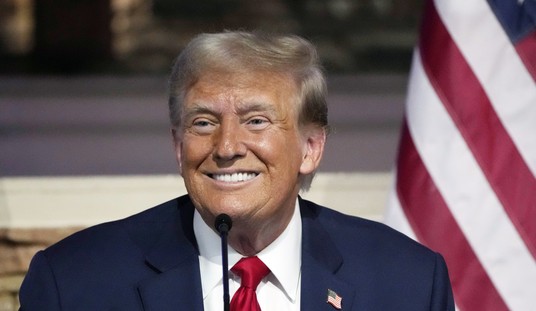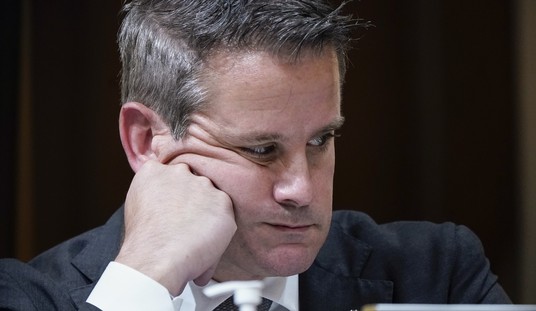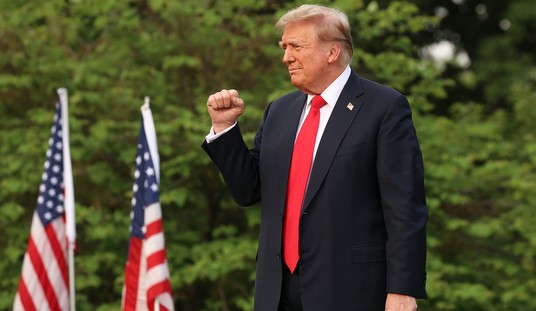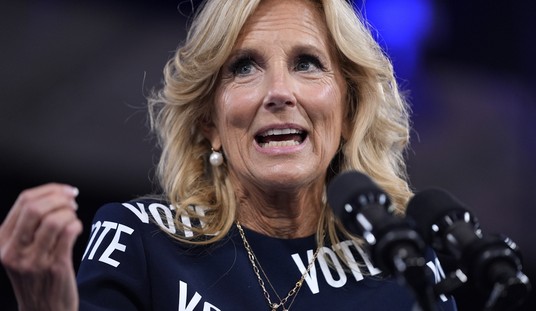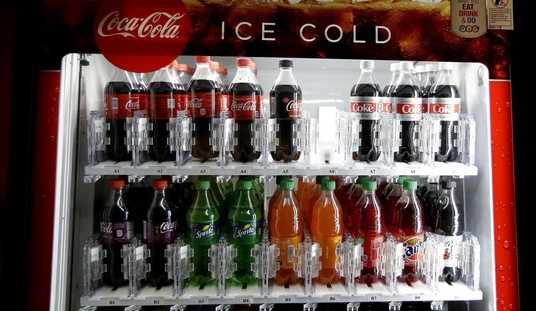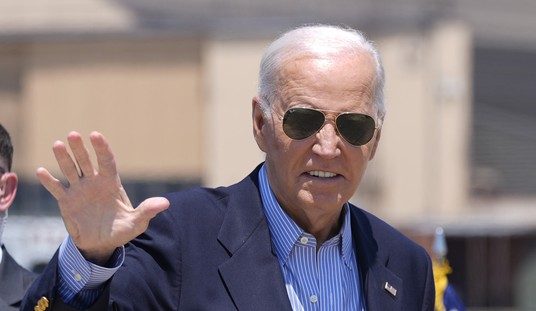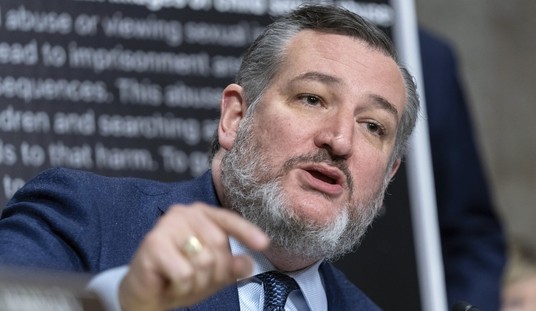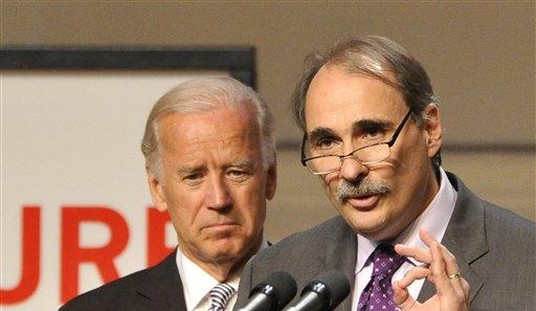The fact-checking industry appears to still be running strong even after its members repeatedly showed themselves to be biased in their supposed efforts to combat “misinformation” and “disinformation.”
During a yearly meeting involving the fact-checkers of the world, Poynter expressed its commitment to promoting the truth while rooting out falsehoods.
The outlet published a piece in which it emphasized the foundational principles of fact-checking and its role in supporting a free press and high-quality journalism.
All people have the right to seek, receive and impart information and ideas. Fact-checking is deeply rooted in these principles. Fact-checking requires the right and ability to find sources, read widely and interview experts who are free to speak candidly — all as part of a rigorous methodology and process. This is the foundation on which all true fact-checking is built. Fact-checking is part of a free press and high-quality journalism, and it contributes to public information and knowledge.
The author then made the dubious claim that fact-checkers “provide additional information, setting out evidence to correct and clarify messages that are false, misleading or lack important context” and that these entities do not “seek to expunge or erase these messages, but to preserve them as part of the public debate while offering evidence necessary to accurately inform that debate.”
After telling this brazen lie, the author goes on to complain about those criticizing supposed fact-checkers over bias and their very real dedication to suppressing certain viewpoints on digital platforms.
Despite this, fact-checkers have in recent years been relentlessly attacked as online censors, and after such attacks many have been subject to verbal abuse, doxxing, coordinated attacks, legal threats, political pressure, and even physical violence. However, as an expression of speech, fact-checking cannot be considered censorship in any true sense of the word. Censorship removes information. Fact-checking adds it.
The article argues that while there will always be debate over content moderation policies on social media, “the public should be provided with the appropriate context and verification in order to determine the claims’ veracity.”
Unfortunately, the author’s arguments are about as far from the truth as RFK Jr. is from the presidency. Many have pointed out that most of these alleged fact-checkers are little more than left-wing propaganda outlets unleashed on social media to counter right-leaning viewpoints and pressure these platforms to censor them. RedState’s Brandon Morse laid it out nicely:
In fact, they will use their position as so-called fact-checkers to influence platforms into censoring narratives they don't like or push corporations to punish websites that counter said narratives.
This can lead to some very dangerous outcomes.
Take, for instance, the issues that were found with the mRNA vaccines. When information was being distributed about some of the dangerous side effects, organizations like WaPo, PolitiFact, and FactCheck.org approached platforms like YouTube and pressured them into censoring these stories, leaving people without proper information for their choice about whether or not to get the vaccine.
“What we do not see is much effort by YouTube to implement policies that address the problem,” the group wrote. “On the contrary, YouTube is allowing its platform to be weaponized by unscrupulous actors to manipulate and exploit others, and to organize and fundraise themselves.”
Hilariously, but perhaps not surprisingly, the groups offered to help police YouTube in censorship efforts.
Morse also referenced an instance in which PolitiFact and Kessler backed up a White House falsehood claiming that a new Georgia voting law would criminalize people for giving water to voters standing in line at the ballot box. Even after the lie was debunked, they still pretended it was true in order to promote a narrative.
Indeed, RedState has also been in the crosshairs of these supposed fact-checkers on numerous occasions, especially because of its reportage on the COVID-19 pandemic. I myself have been fact-checked on several occasions by alleged fact-checkers who had nothing better to do than to correct my brilliant satirical tweets. This has happened several times. Oddly enough, they never bother to fact-check my satire when I am poking fun at the right.
I wonder why?
If Poynter wants fact-checkers to be taken seriously, then perhaps it should stop painting a Pollyannish picture of the situation. Instead of trying to gaslight its audience, perhaps it would be more productive to call out these entities for their apparent biases. It would be a better idea to point out that most of these organizations are focused primarily on attacking right-leaning arguments while working to get them censored on the internet.
In other words, maybe they should be honest for a change.


